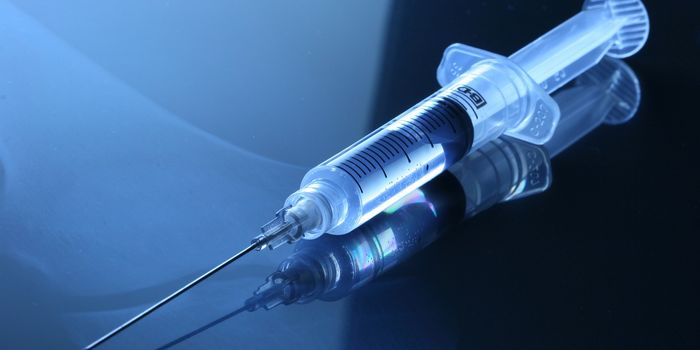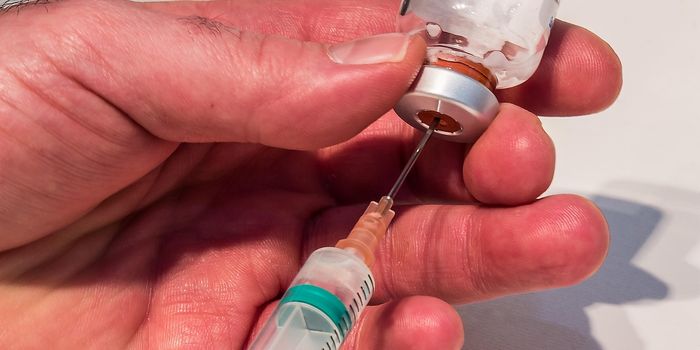How does Johne's disease evade the immune system?
An infectious disease that afflicts cattle all over the world is particularly devastating because it can inhibit the animals’ immune systems. In a new study from Hokkaido University, the National Agriculture and Food Research Organization (NARO), and Tohoku University in Japan, researchers identify the molecular culprits responsible for this disease’s infectiousness.
Johne’s disease is a contagious, chronic bovine disease that is usually fatal. Massive outbreaks of the disease in countries all over the world cause huge problems for cattle farmers. The disease is caused by Mycobacterium avium, which is related to the bacteria that cause leprosy and tuberculosis. Affected cows first show signs of weight loss and diarrhea with normal appetite; swelling under the jaw occurs several weeks after that, after which animals don’t live very long. Cows found to have the disease are killed before they can spread the disease to other animals. Vaccines and other preventative methods have not been successful.
In the new study, researchers chose to analyze a common metabolite of arachidonic acid, called prostaglandin E2 (PGE2), levels of which increase in cattle with Johne’s disease. PGE2 is controlled by cyclooxygenase (COX) enzymes, and it is involved in increasing vascular permeability, fever generation, and hyperalgesia (increased sensitivity to pain) during inflammation.
From their analysis of immune cells isolated from infected cows, researchers found that PGE2 impairs the immune response by upregulating expression of a molecule called programmed death-ligand 1 (PD-L1). This molecule can block activity of the immune system when it would normally launch an attack against the invading pathogen. Additionally, researchers discovered that PGE2 suppresses T cells, key players in the immune system during a pathogenic attack.
"Our data suggests that immunosuppressive effects of PGE2 are strongly connected to the progression of Johne's disease," explained Hokkaido University’s Satoru Konnai. "We plan to conduct clinical trials to verify how the COX-2 inhibitor and anti-PD-L1 antibodies boost immune responses in cattle with Johne's disease, in addition to examining the roles of PGE2 in cattle afflicted with other diseases."
Konnai and others are hoping that their findings will improve prevention techniques for Johne’s disease. For example, inhibiting cyclooxygenase-2 (COX-2) boosts the immune response to Johne’s disease, as COX-2 is vital for the production of PGE2. Researchers could also block PD-L1.
The present study was published in the journal Infection and Immunity.
Sources: USDA Animal and Plant Health Inspection Service, Immunology and Cell Biology, Hokkaido University









